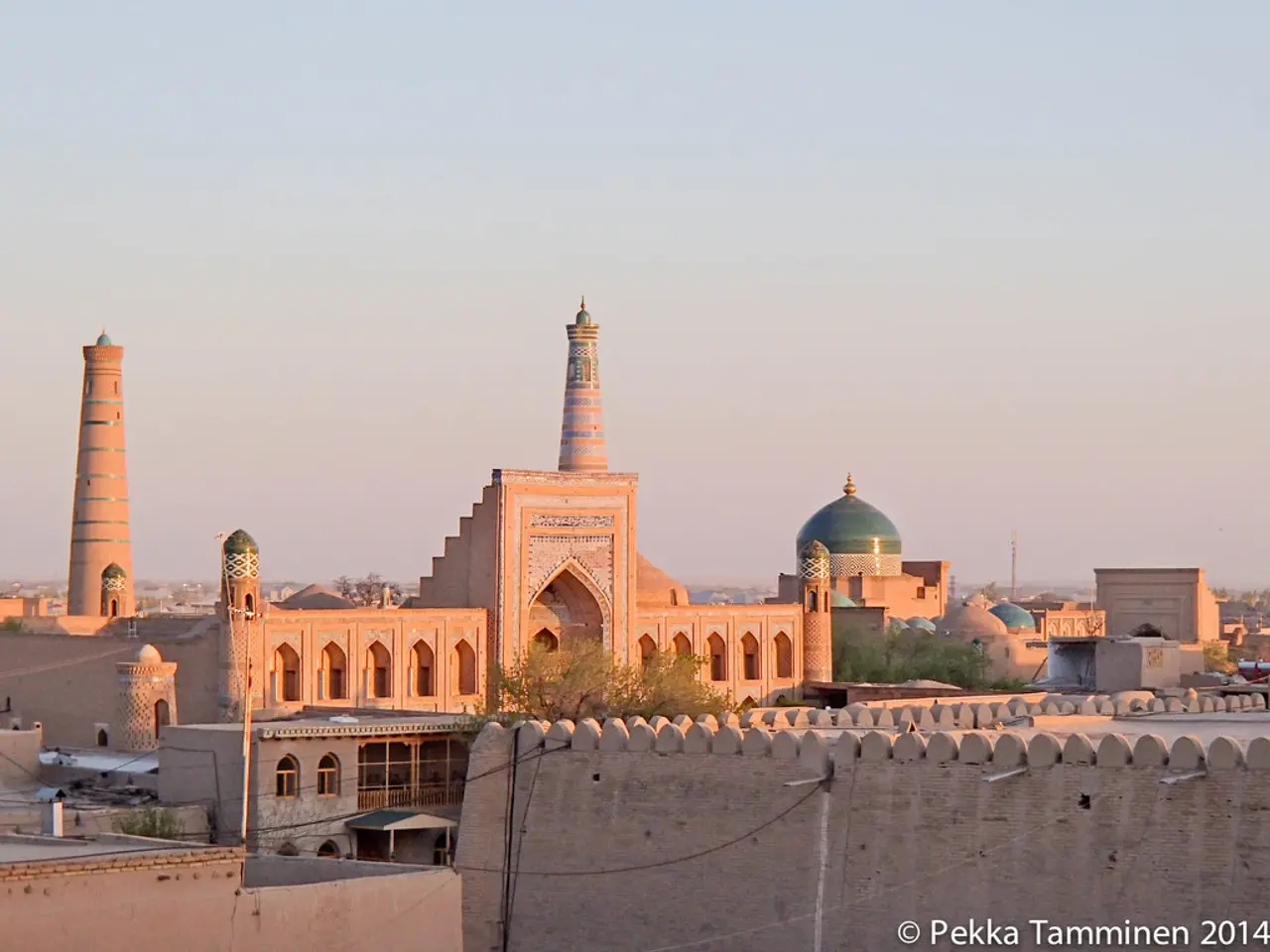Emanating from the Pseudoreligious Sphere: Comprehensive Handbook of Influence
Breaking Free from Pseudo-Religions: A Guide to Rebuilding Your Life
Leaving a pseudo-religion can be a challenging and isolating experience, but with the right support and resources, it is possible to regain autonomy and rebuild one's life. This comprehensive guide aims to help individuals navigate this journey and find a path to personal freedom.
The first step in leaving a pseudo-religion is seeking support. Establishing a support network outside of the pseudo-religion is crucial for personal freedom. This can include trusted friends, family members, or support groups. Online forums and self-help groups for exiting pseudo-religions can also provide valuable resources and connections.
Professional help is often required for recovery from the psychological and emotional effects of a pseudo-religion. Therapy or mentorship can help individuals process their experiences, develop new habits, and rediscover their true selves. Experts like Steven Hassan, who developed the Strategic Interaction Approach and wrote "Combatting Cult Mind Control," offer therapeutic methods to help former members free themselves from controlling religious groups.
Rebuilding one's life also involves reconnecting with like-minded individuals who have also freed themselves from pseudo-religions. Connecting with these individuals can provide a sense of belonging and support during the transition. Seeking communities that align with your values and foster a sense of belonging is essential for personal growth and healing.
As you rebuild your life, use your experiences to advocate for others who may still be trapped in pseudo-religions. Share your experiences, support each other, and contribute to creating a safe and integrative space for personal growth and healing. Raising awareness about the tactics of these groups and supporting initiatives that promote religious freedom, mental health, and personal autonomy is also important.
Breaking away from a pseudo-religion can be emotionally challenging. Cultivating intellectual curiosity and broadening your understanding of the world can help provide a sense of perspective and clarity. Explore different belief systems, philosophies, and spiritual practices to find what resonates with your authentic self.
Some additional resources and support groups for individuals seeking to leave a pseudo-religion include academic and professional study resources, such as the field of new religion studies, which provide research and knowledge about new religious movements. Peer support groups and sponsorship models inspired by mutual aid programs, like Alcoholics Anonymous, can also offer useful structural ideas for emotional support when leaving controlling groups.
While there is no single universal worldwide helpline dedicated solely to pseudo-religions, individuals may also seek support from general mental health helplines and spiritual abuse survivors' networks.
Educating oneself about the tactics used by pseudo-religions is important for informed decision-making. Events and discussions on spiritual abuse recovery, such as the Called to Freedom Luncheon, can provide valuable insights into healing from spiritual abuse.
With the right support and resources, it is possible to break free from pseudo-religions and rebuild one's life. Rebuilding one's life and rediscovering one's true self is crucial after leaving a pseudo-religion. Signs of successfully leaving a pseudo-religion include feeling mental clarity, restored self-determination, less anxiety, healthier boundaries, and the ability to freely question beliefs.
The guide suggests seeking professional help for recovery from the psychological and emotional effects of a pseudo-religion, which can include therapy or mentorship. (health, mental-health)
Rebuilding one's life involves reconnecting with like-minded individuals who have also freed themselves from pseudo-religions, fostering a sense of belonging and support during the transition. (personal-growth, lifestyle, health-and-wellness)
Expanding one's knowledge through academic and professional study resources such as the field of new religion studies can provide valuable insights into pseudo-religions and help in informed decision-making. (education-and-self-development, health)




